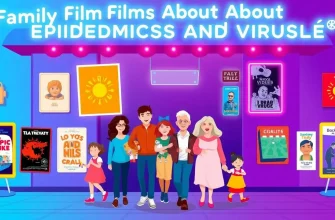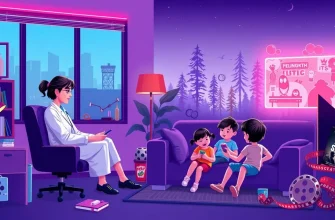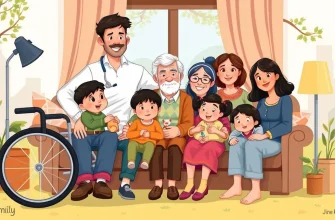This curated collection of films delves into the complex world of mental health through the lens of family dynamics. These stories not only entertain but also educate, providing a compassionate look at various psychological conditions. They serve as a valuable resource for families seeking to understand or discuss mental health issues in a supportive and engaging manner.
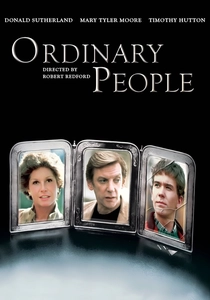
Ordinary People (1980)
Description: After the death of their eldest son, a family struggles with grief, guilt, and depression. The film delves into the aftermath of trauma and the process of healing through therapy.
Fact: It won four Academy Awards, including Best Picture, and was one of the first films to openly discuss family therapy.
 Watch Now
Watch Now

What's Eating Gilbert Grape (1993)
Description: The film focuses on Gilbert Grape, who cares for his intellectually disabled brother Arnie and their morbidly obese mother. It provides a poignant look at family responsibilities and the emotional toll of mental health issues.
Fact: Leonardo DiCaprio's performance as Arnie earned him his first Academy Award nomination at the age of
 Watch Now
Watch Now
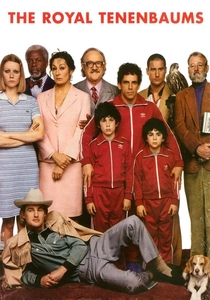
The Royal Tenenbaums (2001)
Description: This quirky family drama by Wes Anderson includes characters dealing with various forms of neuroses and depression, showcasing how family dynamics can both exacerbate and alleviate mental health issues.
Fact: The film features a unique visual style and has become a cult classic for its portrayal of dysfunctional family life.
 Watch Now
Watch Now
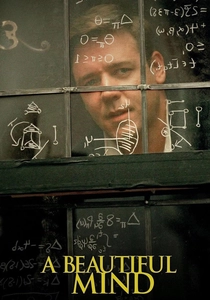
A Beautiful Mind (2001)
Description: This biographical drama tells the story of John Nash, a mathematician who struggles with schizophrenia. It highlights the impact of mental illness on family relationships and the journey towards acceptance and treatment.
Fact: The film won four Academy Awards, including Best Picture. The portrayal of schizophrenia was praised for its accuracy and sensitivity.
 Watch Now
Watch Now
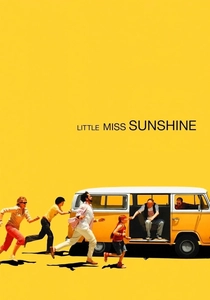
Little Miss Sunshine (2006)
Description: This family road trip comedy-drama features a brother dealing with suicidal thoughts, showcasing how family support can be crucial in overcoming personal crises.
Fact: The film won two Academy Awards and was critically acclaimed for its blend of humor and pathos.
 Watch Now
Watch Now
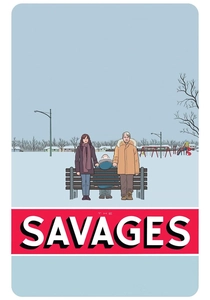
The Savages (2007)
Description: Two estranged siblings must come together to care for their aging father who has dementia, exploring themes of family, aging, and mental health.
Fact: The film received critical acclaim for its realistic portrayal of the complexities of family caregiving.
 Watch Now
Watch Now

Lars and the Real Girl (2007)
Description: Lars, a socially awkward man, develops a relationship with a life-size doll, which his community and family use to help him overcome his social anxiety and isolation.
Fact: The film was praised for its sensitive handling of mental health issues and its unique narrative approach.
 Watch Now
Watch Now
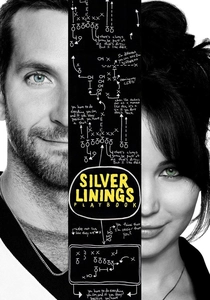
Silver Linings Playbook (2012)
Description: This film follows Pat Solitano, a man with bipolar disorder, as he navigates life after being released from a mental institution. It explores themes of family support, personal growth, and the importance of understanding mental health.
Fact: The film was inspired by the novel of the same name by Matthew Quick. Bradley Cooper and Jennifer Lawrence both received Academy Award nominations for their performances.
 Watch Now
Watch Now
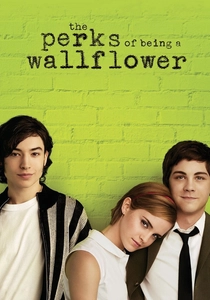
The Perks of Being a Wallflower (2012)
Description: This coming-of-age story deals with themes of depression, PTSD, and the importance of friendship and understanding in overcoming mental health challenges.
Fact: The film was adapted from a novel by Stephen Chbosky, who also wrote and directed the movie.
 Watch Now
Watch Now
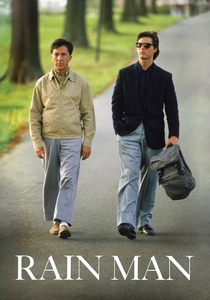
Rain Man (1988)
Description: The story of a selfish yuppie who discovers his brother, an autistic savant, and learns about empathy, family, and the value of human connection.
Fact: Dustin Hoffman won an Academy Award for Best Actor for his portrayal of Raymond Babbitt.
 30 Days Free
30 Days Free



